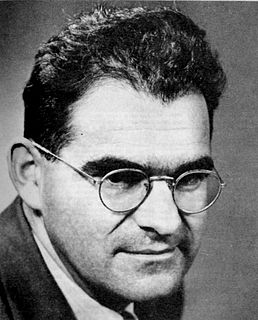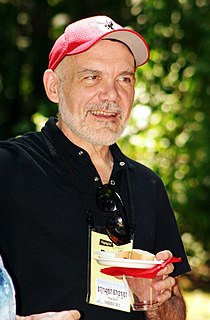A Quote by Elbert Hubbard
Related Quotes
In the field of economics we maintain to this day some of the most primitive ideas, some of the most radically false ideas, some of the most absurd ideas a brain can hold. ... but all this give no uneasiness to the average brain. That long-suffering organ has been trained for more thousands of years than history can uncover to hold in unquestioning patience great blocks of irrelevant idiocy and large active lies.
We live in the Age of the Higher Brain, the cerebral cortex that has grown enormously over the last few millennia, overshadowing the ancient, instinctive lower brain. The cortex is often called the new brain, yet the old brain held sway in humans for millions of years, as it does today in most living things. The old brain can't conjure up ideas or read. But it does possess the power to feel and, above all, to be. It was the old brain that caused our forebears to sense the closeness of a mysterious presence everywhere in Nature.
There used to be a thing or a commodity we put great store by. It was called the People. Find out where the People have gone. I don't mean the square-eyed toothpaste-and-hair-dye people or the new-car-or-bust people, or the success-and-coronary people. Maybe they never existed, but if there ever were the People, that's the commodity the Declaration was talking about, and Mr. Lincoln.
In reality, every single negotiation involves another commodity that's far more important to us, which is time - minutes, hours, our investment in time. So even if you're talking about dollars, the commodity of time is always there because there has to be a discussion about how the commodity of dollars is moved.






































